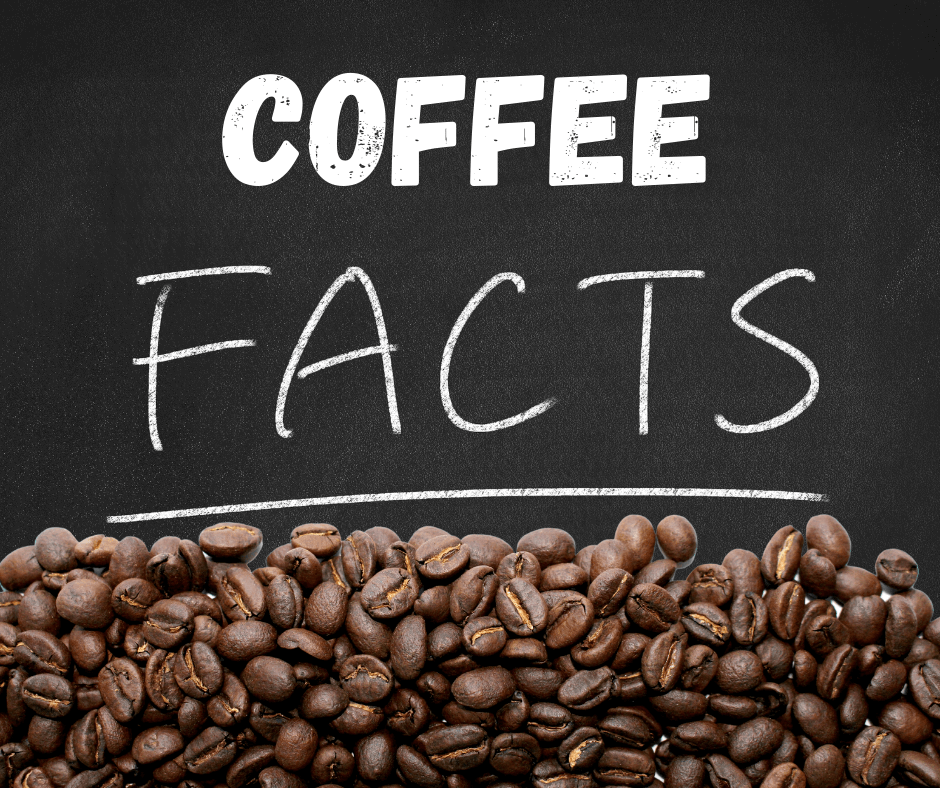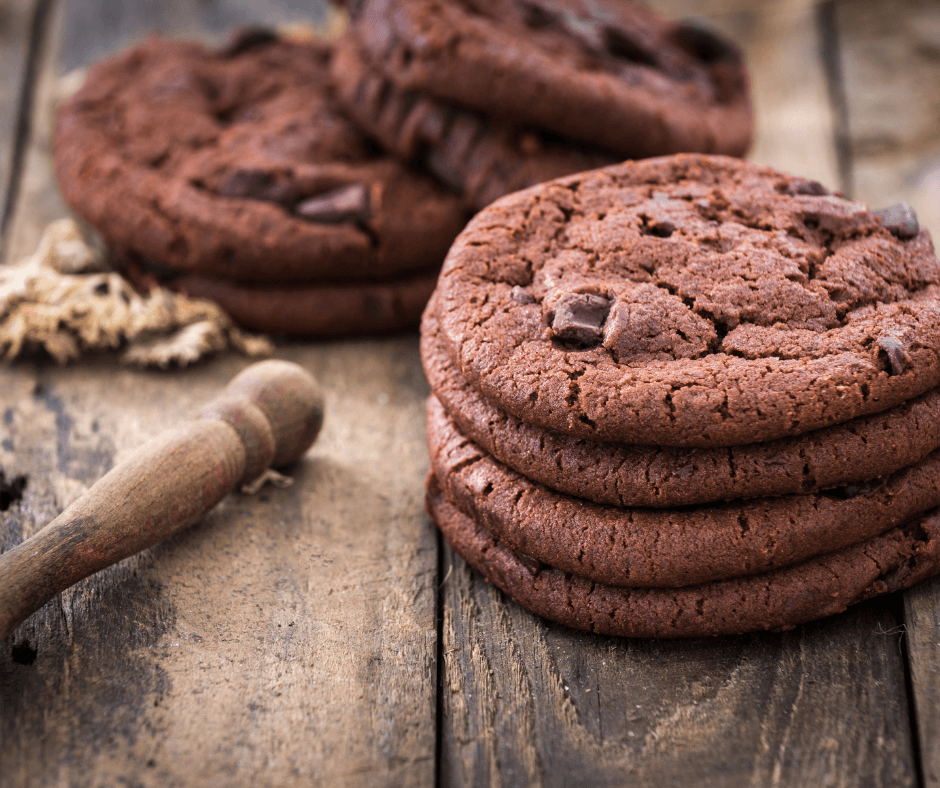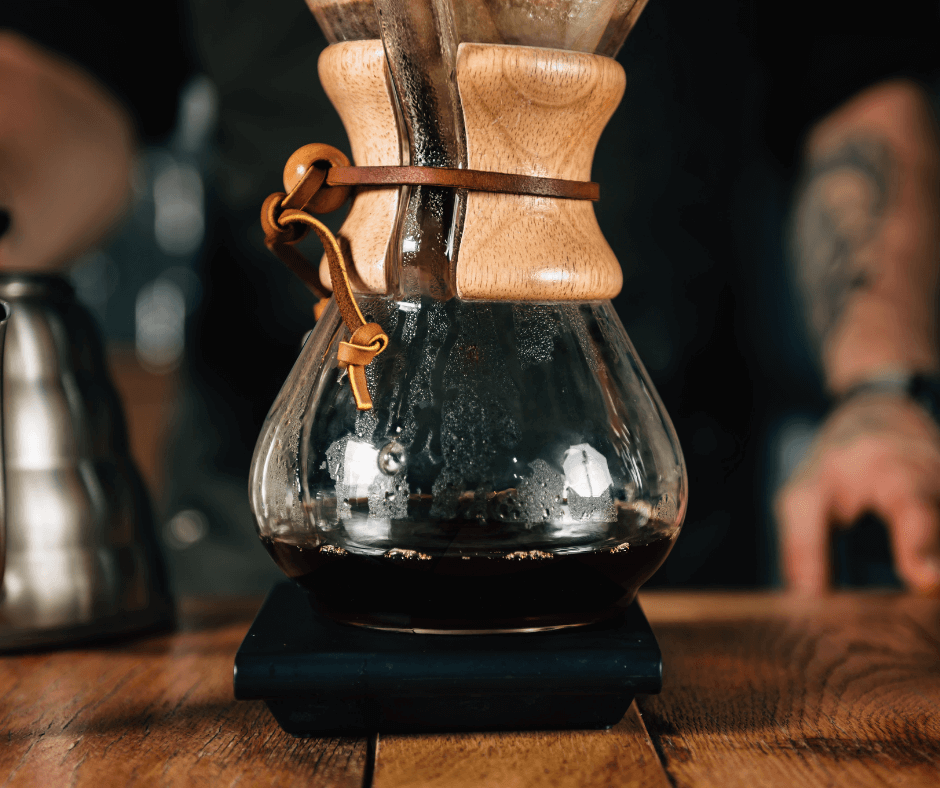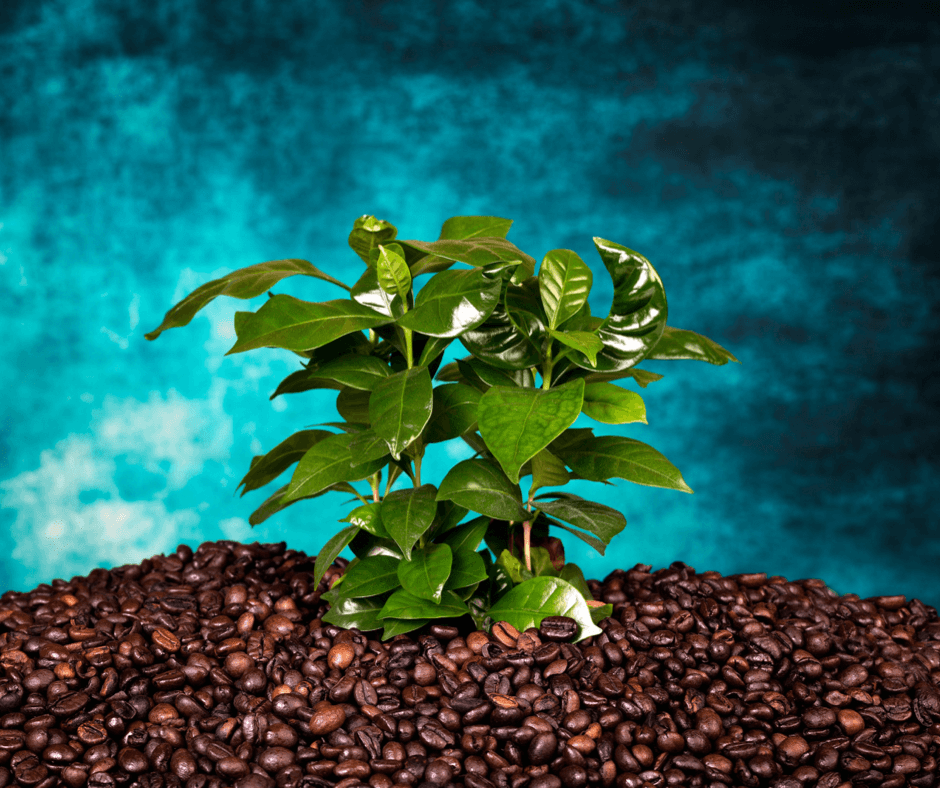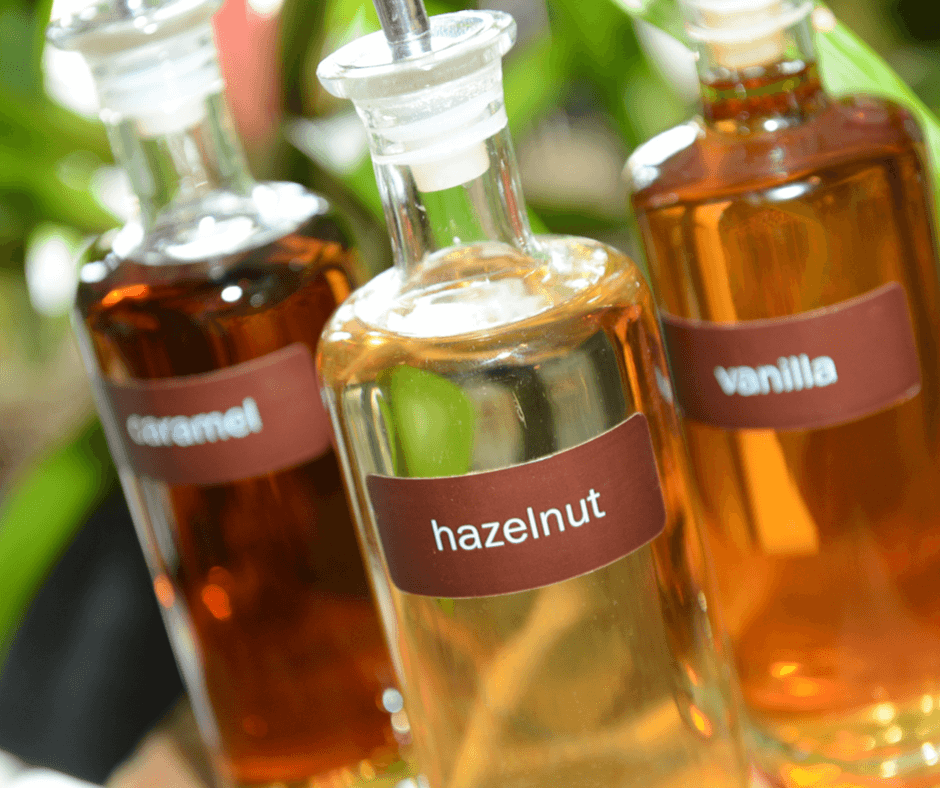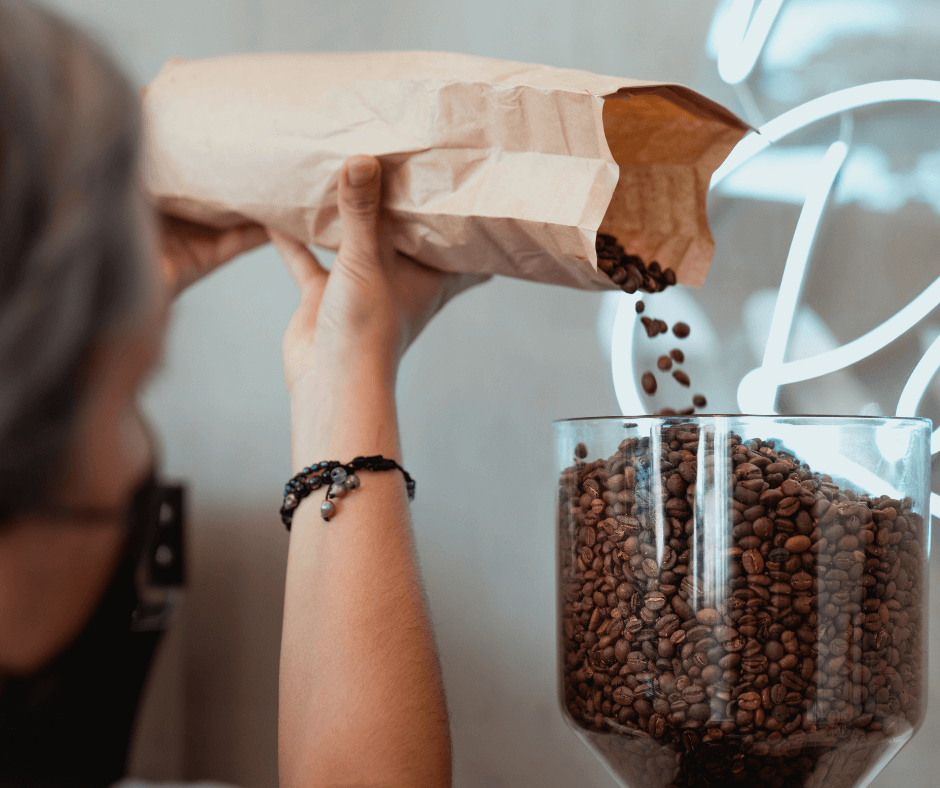#1 – Coffee is the #2 most traded commodity in the world—after oil.
Just think about how this humble beverage keeps the world running—what would we ever do without it? It's also the most heavily traded agricultural product in the world.
#2 – The United States is the leading importer of coffee in the world. By far
No surprise there. The US is followed by Germany, France, and Italy.
#3 – The average American spends about $1,092 on coffee every year.
Only $1,092? I think I spend more than that on coffee filters each year.
#4 – The first coffeehouse in America opened in Boston in 1676.
Boston just couldn't make do with tea, could they? They had to import coffee from across the dreary, old-timey seas and open up their very own coffeehouse. And, of course, it became wicked popular. Just another example of Boston being better than the rest of the country. (The other reasons are Bill Burr and Michael Rapaport. Oh yeah, and Seasons 3, 4, and 6 of Cheers.)
#5 – More than half of Americans say that they can't start their day without coffee.
In fact, you might say that coffee is the lifeblood of this nation. Without coffee keeping us fueled, who knows what would happen to this country? We'd probably all just stay in bed all day long. That's why it's so important to keep those coffee pots, pour-overs, and percolators fired up and brewing—for America.
#6 – The world's largest cup of coffee was made in South Korea and contained 4,000 gallons of coffee.
South Korea is known for a variety of things. From the glittering streets of Gangnam to the glittering memes of Gangnam Style, they really know how to make an impression. Also, a thing called BTS is from there, I think. But to set the world record, they had to fill the world's biggest coffee cup with 4,000 actual gallons of actual joe. Now those are some "coffee achievers."
#7 – The first cup of coffee was made in either Ethiopia or Yemen, over 1,000 years ago.
We don't actually know where it happened first. But one story goes that coffee was discovered by a goat-herder named Kaldi. Kaldi noticed that his goats were more energetic after eating certain berries. He tried them himself and found that they kept him awake all night. After telling his friends and neighbors about the berries, they began to cultivate the plants and brew the coffee beans to create the first cup of coffee. From goat-herd to goat-hero—thank you, Kaldi, for all you did for us.
#8 – There are more than 400 billion cups of coffee consumed in the world every year.
That’s a whole lot of lattes. I bet you can tell the people who do not drink coffee. Look for yawns, crankiness and general underproductivity.
#9 – There are more than 1 billion cups of coffee consumed every day.
Mostly by me and Fran Drescher.
#10 – There are more than 1,000 different chemical compounds in coffee.
And each one of those compounds plays a role in creating coffee's unique flavor. So the next time you take a sip of coffee, think about all the different flavors that are swirling around in your morning joe. It's practically a Vince Gilligan montage—in a mug!
#11 – Coffee is actually a fruit!
Coffee beans aren't actually beans. They actually come from the pit of a red or purple "cherry." So, in a way, coffee is actually cherry juice.
#12 – The caffeine in coffee is actually a natural insecticide.
Yep, the reason we have caffeine in the first place is that coffee plants developed it as a natural insecticide. What better way to start your day than by consuming a delicious cup of something that you know would kill a lesser creature? It's the perfect pick-me-up.
#13 – It takes approximately 3,000 to 4,000 coffee beans to make just 1 pound of roasted coffee.
Meaning that a typical coffee tree may only produce about 1 pound of coffee beans per year. (!)
#14 – Coffee is good for your brain.
We all know coffee helps when we're feeling sluggish, but scientific studies have shown that coffee can improve your cognitive function, focus, memory, and reaction times. (See this article, this article, or this article if you don't believe me.)
Your Next Steps in Coffee Education
Just think—Now that you're armed with all of this knowledge, you'll be unstoppable the next time you get the chance to hit up your local coffee trivia night. You're welcome. And good luck! (But watch out for "Team Deja Brew" and "Livin La Vida Mocha"—everyone knows those guys are cheaters.)
Want to learn even more about coffee? Here are some good next steps:

